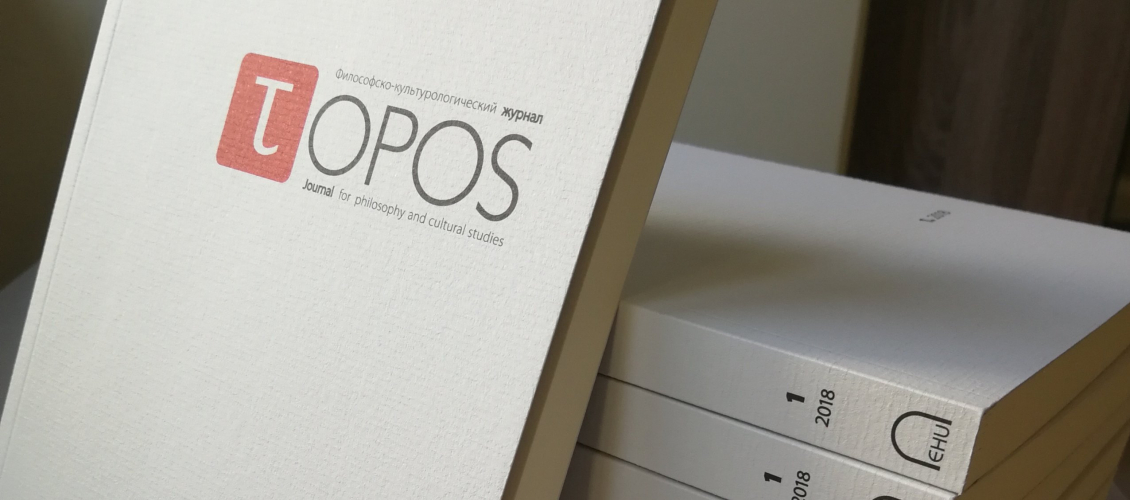The topic of the issue: “Overcoming authoritarianism: Belarus and the Eastern European Region 30 Years Later”.
The collapse of the Soviet Union unleashed two contrasting reactions: the existential anxiety, caused by the loss of both the familiar worldview and of the state system of social protection, was combined with ardent hopes for a bright future and the enthusiastic belief that a fundamentally different society would emerge. Two core concepts — of national revival and liberalization — defined the ideological guidelines for a new modernization loop in the newly formed states. At the same time, among the European countries of the “post-Soviet region” that appeared on the map, it was in the Republic of Belarus as early as in the 90s that reversive trends gained the ground: with Lukashenka coming to power, the suppression of the national culture and the strengthening of authoritarian governance started unfolding in all the spheres of public life. The new authoritarian regime exposed salient Soviet heredity, but it differed from the Soviet system in important ways due to its inclusion in the context of global capitalism. This ambivalent situation reveals the limitations of the dominant model of interpreting the post-Soviet socio-economic transformations in the vein of transitology and catching-up modernization, or imitating Western liberal democracies.
In the announced issue, we invite potential authors to consider the 30-year history as well as the current state of affairs in Belarus and other European countries that emerged from the former socialist republics from the perspective of collective and individual efforts, which — directly or indirectly — aimed at overcoming authoritarianism.
This approach has two methodological advantages. First, it enables going beyond the linear logic of the “post-Soviet transit” by discarding the comparison with the ideal-typical “Western” model and focusing instead on the complex interplay of the locally embedded cultural, historical, axiological, moral and political factors. Secondly, it resonates with the current global agenda of the crisis of democracy, in particular, with the strengthening of authoritarian tendencies in some EU countries.
Topics to be addressed in the special issue include, but are not limited to, the following:
- individual strategies for mastering new registers and spheres of freedom after the collapse of the USSR: from responsibility for one’s own economic survival to civic activism;
- patterns of violence in the functioning of state institutions under authoritarian regimes;
- conditions for the reproduction and strengthening of authoritarian regimes: internal and external factors;
- national agenda and authoritarian rule;
- theoretical foundations and ideological premises for criticizing authoritarianism;
- gender criticism of authoritarian regimes and the political potential of women’s activism;
- civic agency and the phenomenon of solidarity in mass protest movements against authoritarian regimes in the region over the past two decades;
- the Belarusian revolution as a school of political life: horizontal mobilization, new local communities and prospects for the future democratization of the state and society.
We particularly welcome the interdisciplinary approach, the combination of philosophical and expert analysis, of theoretical and empirical research, and comparative studies (bringing together experiences from different countries), as well as the discussion of relevant regional authors.
Deadline for submissions — October 1.
Materials in the English, Belarusian and Russian languages are accepted to the issue.
To make your submission, please, send your material to: journal.topos@ehu.lt (marking the topic with Topos_Submission).
In case the Editorial Board has made their decision and accepted your paper for publication, please, register at the web-site of the Topos Journal here and submit your article via “Make a Submission” button according to the formatting, which is accepted in the journal. Here you can find Author Guidelines. In case of any questions, please contact journal’s academic secretary Kseniya Shtalenkova on: journal.topos@ehu.lt
